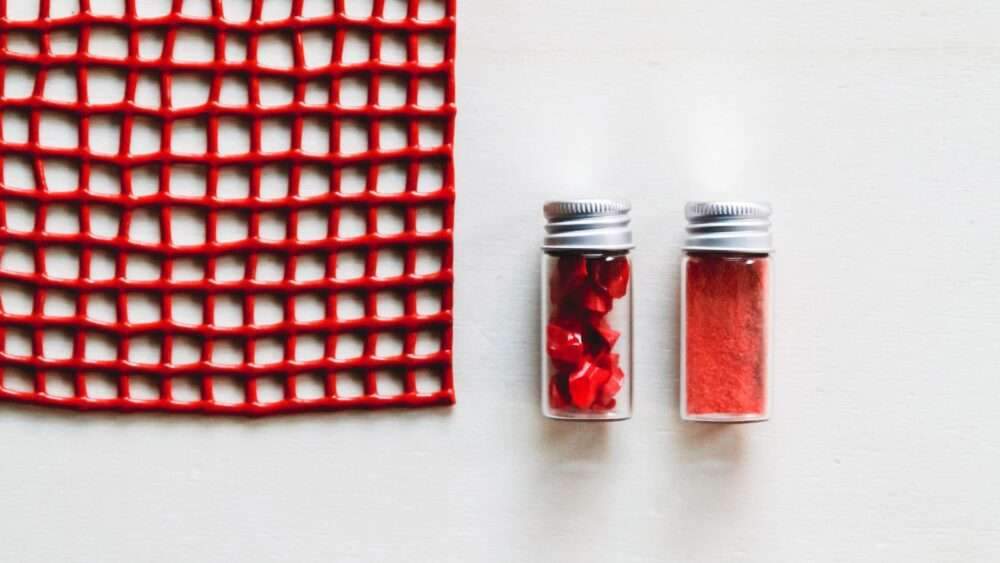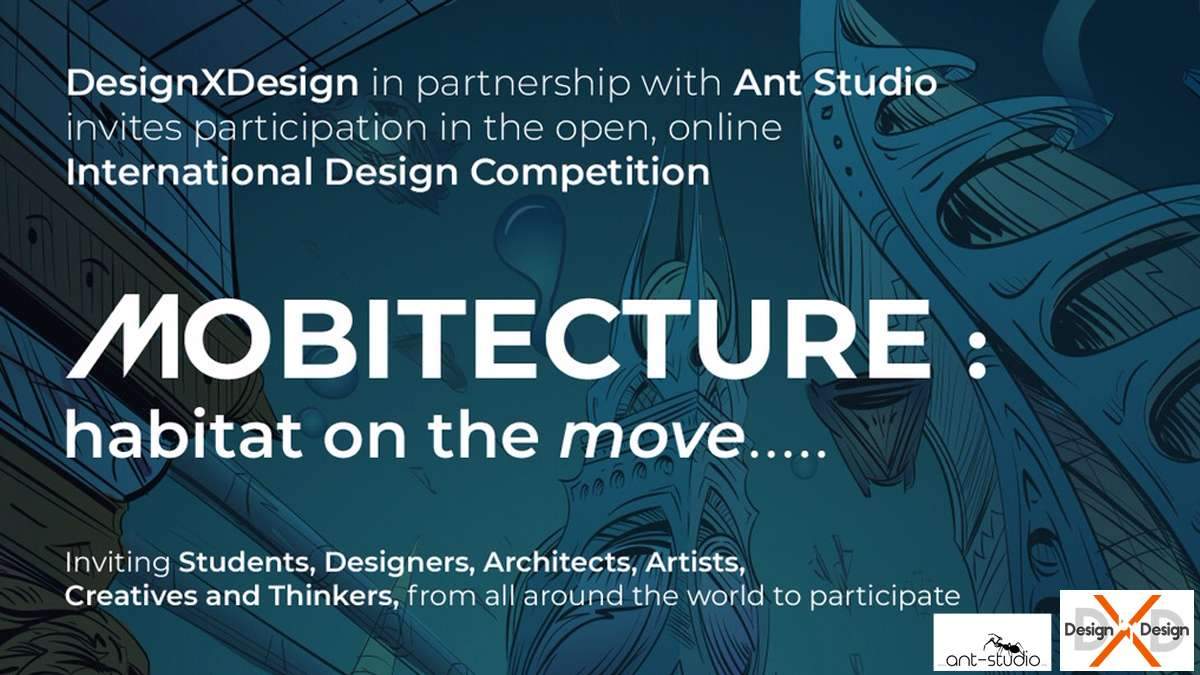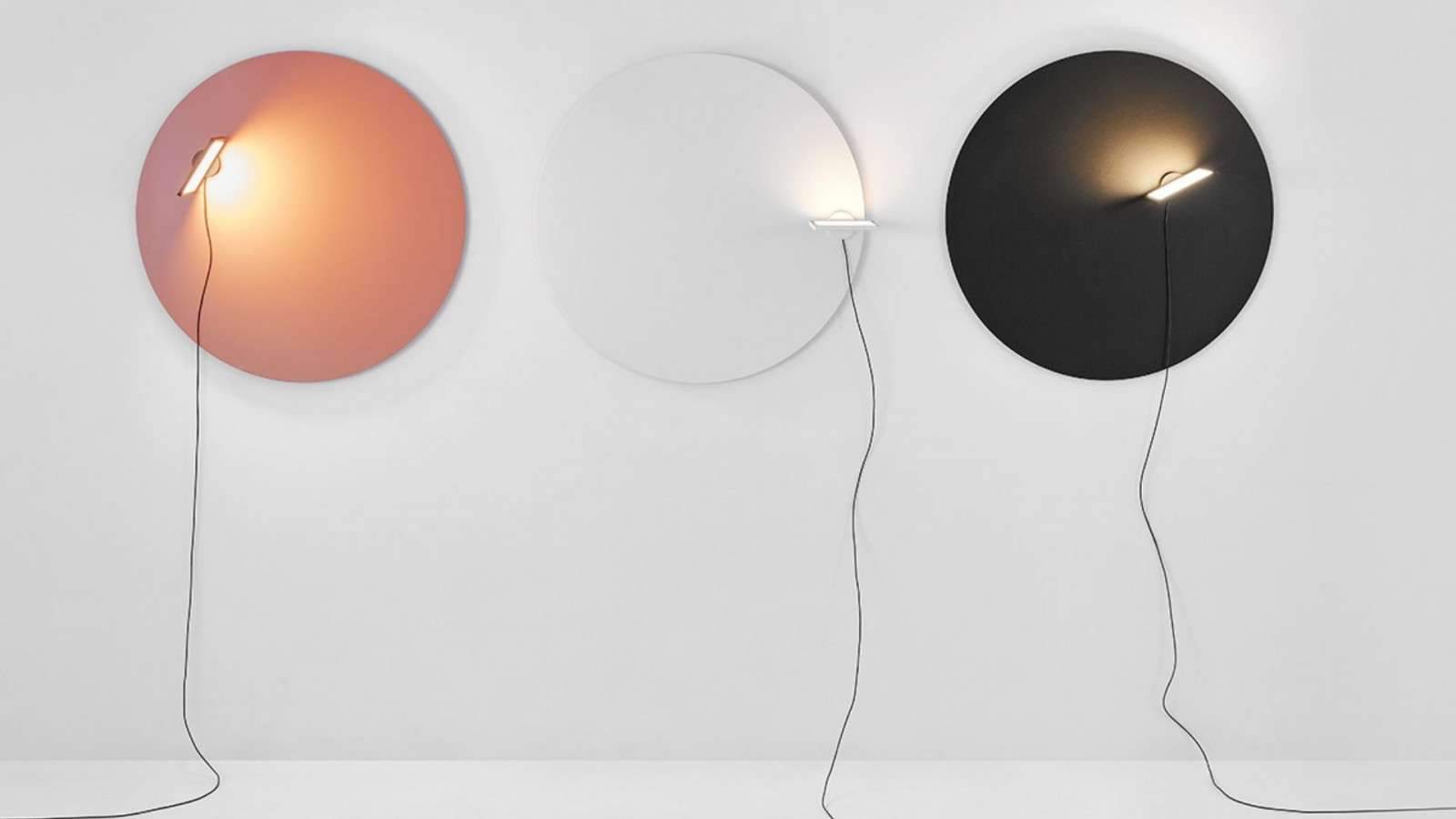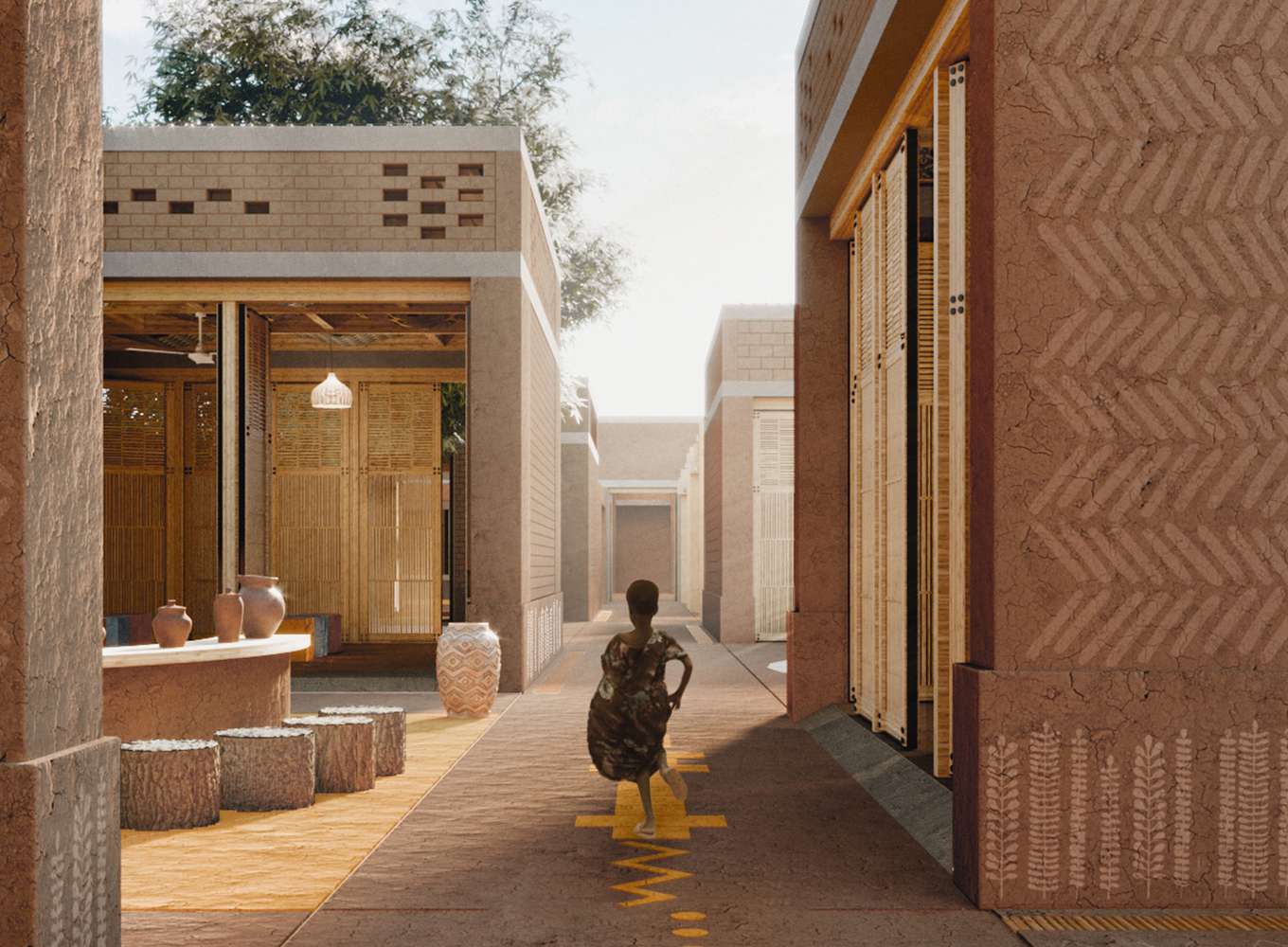rehub: a new disruptive process to manipulate glass waste
rehub is a cutting-edge startup located in Murano, dedicated to developing groundbreaking technologies aimed at transforming non-recyclable glass waste into valuable resources
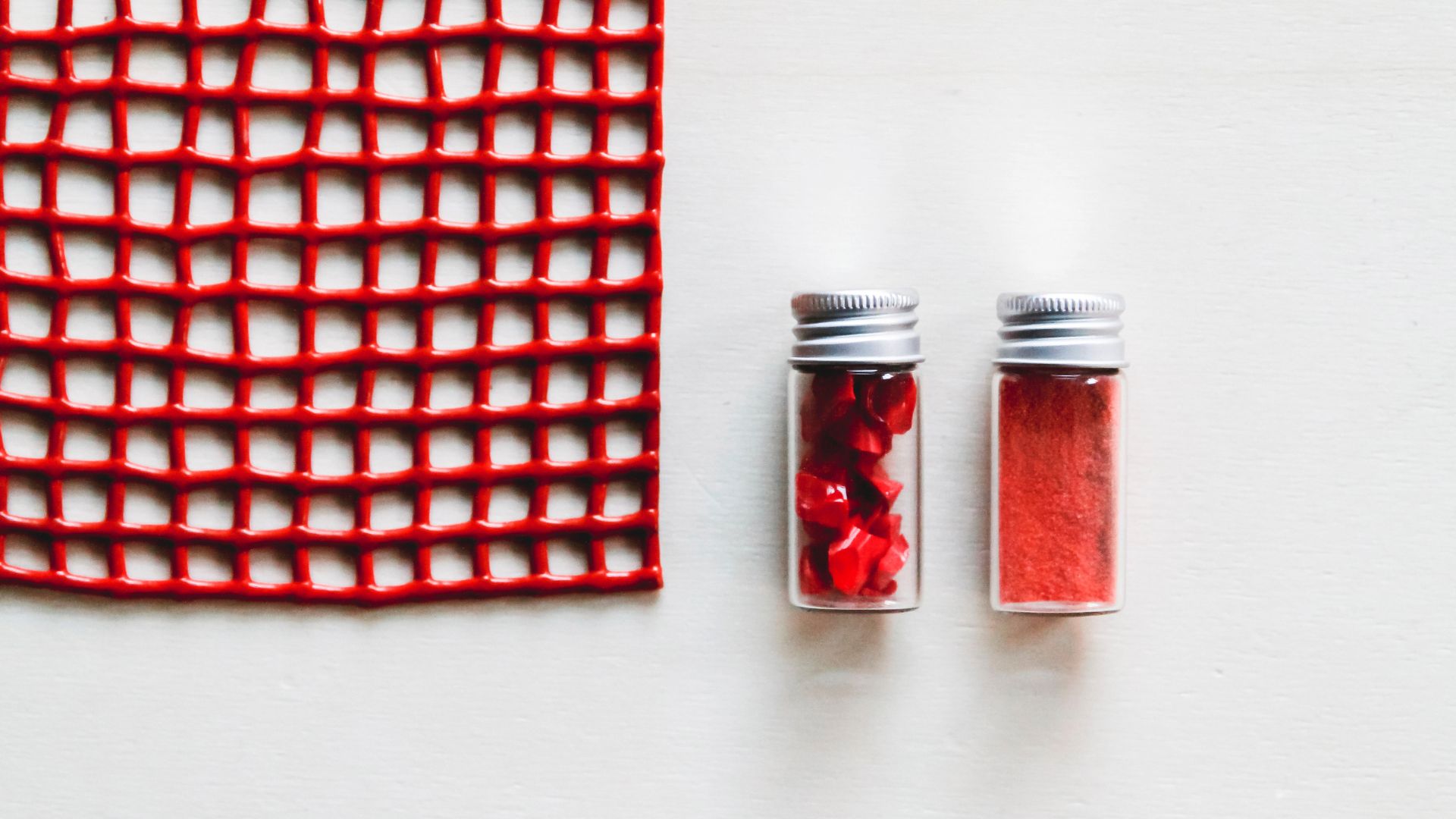
Founded by Matteo Silverio and Marta Donà, winners of the special award by EDIT Napoli at the latest Venice Innovation Design edition, rehub‘s mission is to develop technologies that aim to give new value to all those glass waste materials that, due to logistical, historical, or supply chain reasons, are not being recycled.
rehub transforms these materials into new objects with new applications and endless possibilities, combining human knowledge (tradition, craftsmanship, research, design, art) with new technologies.
To accomplish this, rehub harnesses its expertise in technological innovation, computational design, digital manufacturing, and sustainability. Speaking the “language of design,” rehub advocates for the principles of the circular economy, emphasizing the 4Rs (reduce, reuse, recycle, and recover), while also promoting a greater sense of responsibility among businesses and consumers toward the more sustainable management of raw materials.

In Murano, where the company is currently based, approximately half of the glass produced by the furnaces is discarded, amounting to around 1000 tons of non-recyclable waste per year. This waste is attributed to the presence of additives used for coloring purposes. This not only has a significant environmental and energy impact but also imposes financial costs on glassworks. However, the issue extends beyond Murano, encompassing non-recyclable glass waste worldwide.
In Europe alone, a staggering 8,000,000 tons of non-recyclable glass waste are generated annually. It is upon this alarming statistic that rehub has built its mission: to breathe new life into glass that is traditionally deemed “non-recyclable waste” by employing innovative technologies and creative processes that have the power to influence modern design.
We wanted to learn more, so we asked the founders a few questions.

What is rehub and how did it come about?
Matteo Silverio:
“rehub is the natural personal and professional evolution of Marta and me. Marta is a Muranese DOC and for many years worked in her family business making and restoring Murano glass chandeliers. Thanks to her I got into the glass industry, and I started collaborating with many Murano glassworks on a wide range of projects: from product design to art, installations to exhibition design.
rehub was the answer to a problem we have noticed within Murano Island. A project that would like to help especially (but not only) Murano craftsmen to face the challenges of the 21st century by taking advantage of technological innovations.”

Why did you decide to focus on glass recycling?
Matteo Silverio:
“Working with glass factories we realized that the amount of waste they produce is enormous: 50% of the glass they process becomes waste! we are talking about 1000t of glass per year a volume equal to the Campanile di San Marco!
The problem is that glass cannot be recycled due to the elements used to color it. Therefore, glass factories must pay to get rid of it and this glass most of the time eventually ends up in landfills, creating a huge economic but also environmental impact.
Once we discovered that Marta and I started thinking of a solution, also taking advantage of new technology and our multidisciplinary know-how. We, therefore, started experimenting till we came out to the development of a new process to manipulate the glass at room temperature.”

What does the process of recycling and producing the new material involve?
Matteo Silverio:
“It all starts from glass waste: glass factories currently bring us their waste already sorted by color. We powder them and then we turn them into a paste that has the consistency of clay or Play-Doh! The process is currently patent pending, as is the formula for the glass paste.
In any case, once we get the paste, we shape it according to the type of product we want to make, and then, once the object has hardened, we put it in the kiln where we fire it using a short low-temperature program.”
What are the characteristics of the material you obtain and what are its potential applications?
Matteo Silverio:
“The objects we make are completely made of glass! The output of our process is not a composite material as often happens with stone or wood. Is 100% glass!
Our objects maintain the colors of the starting glass waste, as well as many of the chemical-mechanical characteristics (impact resistance, color stability, resistance to chemicals). Instead, they lose transparency; this is for various reasons, not least because we would like to distinguish our products from those normally made from glass.
Because our products are not made of glass, they are made of glass!”

What is the target audience you are addressing from a commercial perspective?
Matteo Silverio:
“Now we mostly work with fashion and design brands for which we produce decorations or exclusive capsule collections. There is a growing demand from shops and “normal” customers so now we are considering expanding our sales network and -maybe- to start selling also using e-shops.”
What potential do you see in a technology like this? What could its future developments be?
Matteo Silverio:
“We are a 14 months-old company. We’ve spent the last year implementing our business model and working on R&D to improve the process and the related technologies.
During this intense year, we’ve been selected for a bunch of prestigious accelerator programs (the MIT DesignX Venice and the Encubator by PoliMi) and we won many prizes. We had the chance of speaking and dealing with many experts and entrepreneurs which widen our awareness about the potential of our solution.

So, while at the beginning our focus was Murano glass waste and the development of “circular collections”. We soon realized that our solution would interest other glass industries which produce or process glass waste. We’ve already tested our process with many types of glass (from flat glass to optical glass) with really good results.
That is why now we want to take advantage of the actual collaborations to improve our technologies until they will be ready to be sold or licensed to all those companies that produce or process this waste. Thanks to rehub, they could transform a cost into revenues, using a process that is safe, flexible, sustainable, and energy-saving.

Our vision is to give new value to all the glass that today ends up in landfills or is transformed through down-cycling processes.
We want to help the actual recycling chain to work better! That is why we have expanded our team, especially with technical profiles. Moreover, we are looking for a partner willing to invest in our company to help us scale up.
This is a different business model, and we know that at some point we might have to split the company. But so far, we don’t think too much about that.
Now we “just” want to have fun and experiment!”
Finally, Read more on Archup:

